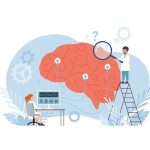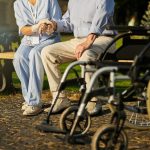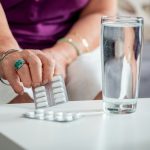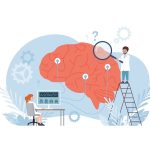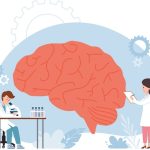What’s the stages of Alzheimer’s progression
Alzheimer's disease is a progressive brain disorder that gradually destroys memory and thinking skills, and eventually, the ability to carry out simple tasks.
This debilitating...
Diet tips for Parkinson’s disease prevention
Parkinson's disease is a progressive neurological disorder that affects movement, causing symptoms like tremors, stiffness, and balance problems.
Although there's no definitive cure, research suggests...
Scientists find important cause of Parkinson’s disease and Lewy body dementia
Parkinson’s disease affects around one million people in the United States, disrupting their ability to perform everyday activities due to its neurodegenerative impacts.
The disease...
This type of antibiotics may help treat frontotemporal dementia
Frontotemporal dementia stands out as the most prevalent type of dementia that strikes early, typically between the ages of 40 and 65.
This condition primarily...
Exercise as essential therapy for Parkinson’s disease
Despite the lack of medications that can cure or slow down Parkinson's disease, researchers have identified a potent alternative treatment: physical exercise.
This insight comes...
Cognitive exercises for people with Alzheimer’s disease
Alzheimer's disease is a progressive neurological disorder that affects memory, thinking, and behavior.
While there is no cure for Alzheimer's, cognitive exercises are often recommended...
Size of brain area linked with cognitive decline – even in people with no...
A small, seahorse-sized area of the brain is responsible for most of our learning and memory.
Called the hippocampus, this area is key to many...
Natural remedies for reducing dementia symptoms
Dementia is a challenging condition that affects millions worldwide, characterized by a decline in memory, thinking, and social abilities.
While there is no cure for...
How to reduce pain in Parkinson’s disease effectively
Parkinson's disease (PD) is commonly associated with motor symptoms like tremors, stiffness, and difficulty with movement.
However, pain is a significant issue that many people...
Can music therapy benefit people with Alzheimer’s disease?
Alzheimer’s disease not only impairs memory but also affects emotions and behaviors. With no cure in sight, treatment focuses on alleviating symptoms and improving...

